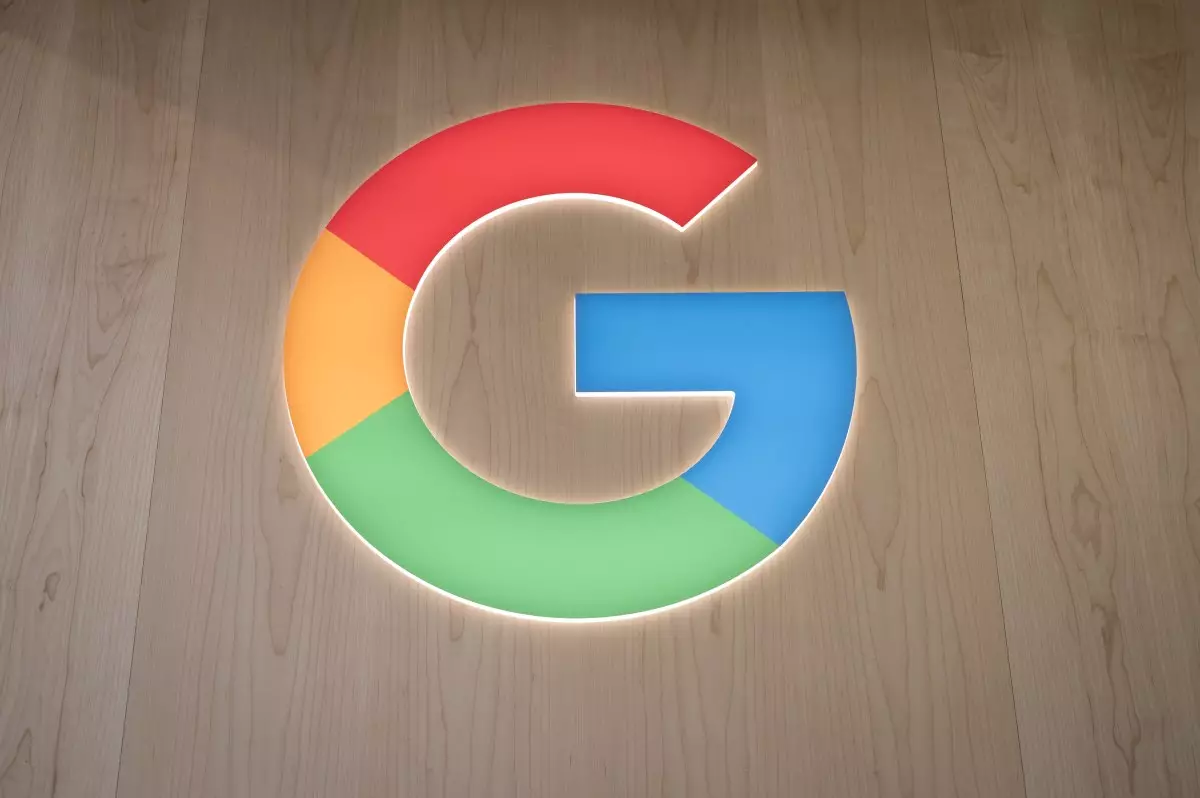In a bid to maintain its dominance in the search engine arena, Google is integrating AI technologies more deeply into its core product, particularly through the introduction of AI Overviews. These automated summaries aim to provide concise answers to users’ queries, potentially altering the traditional landscape of searching and information retrieval. By rolling out this feature, Google aims not only to enhance user engagement but also to combat a gradual shift toward rival AI-driven platforms such as OpenAI’s ChatGPT and Perplexity. The growing usage and resulting traffic on these alternative platforms underscore a trend that Google cannot afford to ignore, pushing it to innovate aggressively in its offerings.
AI Overviews have become a focal point of discussion within the tech community, especially following their controversial inception. Critics claim that these summaries occasionally yield misleading information, resulting from the AI’s challenge in accurately assessing the reliability of its sources. Instances of quirky and erroneous recommendations, such as the dubious advice related to pizza preparation, have prompted calls for more rigorous validation processes. While Google has recognized these issues, stating that it is continuously refining the feature, it raises broader questions regarding the balance between innovation and accuracy in AI-generated content.
Monetizing AI Overviews: The Introduction of Ads
As Google seeks to monetize the AI Overviews, the introduction of advertisements within these summaries marks a significant shift in its strategy. This move allows Google to capitalize on user queries by displaying relevant ads alongside AI-generated content. The premise is that users will appreciate being connected to businesses and services that align with their needs at the precise moment they are seeking information. However, this shift raises concerns about clutter, as sponsored content could overshadow organic results within summaries, potentially diluting the user experience.
Shashi Thakur, VP of Google Ads, has suggested that users find these ads beneficial, claiming they offer a direct link to relevant products and services. Despite this purported success, integrating ads into AI Overviews may complicate the clarity and focus of the information presented. The layout has been altered to accommodate sponsored results, which may push organic content further down the page, impacting how users interact with the summary and potentially leading to an information overload.
An integral aspect of AI Overviews is the ability to provide trustworthy information. However, a recent report highlighted that these AI-generated summaries often reference sources that are either unreliable or outdated. This unreliability can foster misinformation, sowing doubt about the credibility of Google’s search results. To mitigate this risk, recent alterations have restricted certain types of queries related to current events or health, suggesting that Google recognizes the potential hazards of unfiltered information. The company remains committed to improving the integrity of these AI Overviews to protect its reputation as a source of reliable information.
In the backdrop of these challenges, Google is also prioritizing engagement metrics. With AI Overviews attracting significant interest, particularly from younger demographics, the feature appears to be promoting more interactions within the search ecosystem. Yet, it begs the question of whether providing engaging experiences through AI should take precedence over ensuring the accuracy of the content shared with users. The implication is that Google is navigating a precarious balance between innovation and critical information standards.
The ongoing expansion of AI Overviews, coupled with new features such as AI-organized search results pages, represents a transformative phase for Google Search. In this new paradigm, users may encounter more diverse content formats, such as forums and videos, intelligently aggregated by AI technology. While this evolution aims to enrich the user experience, it also poses potential challenges for digital publishers. Studies indicate that a significant portion of publisher traffic may decline due to the way AI generates results, potentially resulting in a loss of ad revenue.
The ripple effects of this change are already being predicted, with estimates suggesting that publishers could face over $2 billion in losses due to decreased visibility of web page links. If Google’s AI Overviews and organized search results continue to expand at their current pace, publishers may find themselves caught in a tough bind, striving to maintain visibility in a landscape progressively dominated by AI-generated content.
As Google evolves its search capabilities, the industry watches closely. The company’s commitment to refining its AI Overviews and addressing publisher concerns will ultimately determine whether it can successfully sustain its search supremacy while maintaining relationships with content creators. The coming months will likely reveal how these dynamics unfold in the ever-changing world of online information retrieval.

